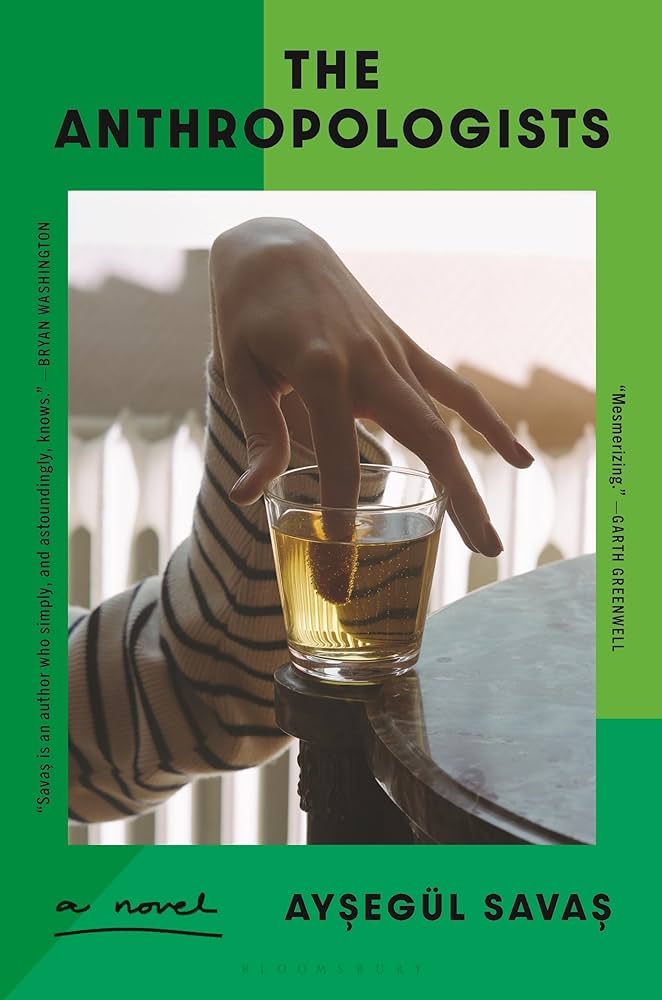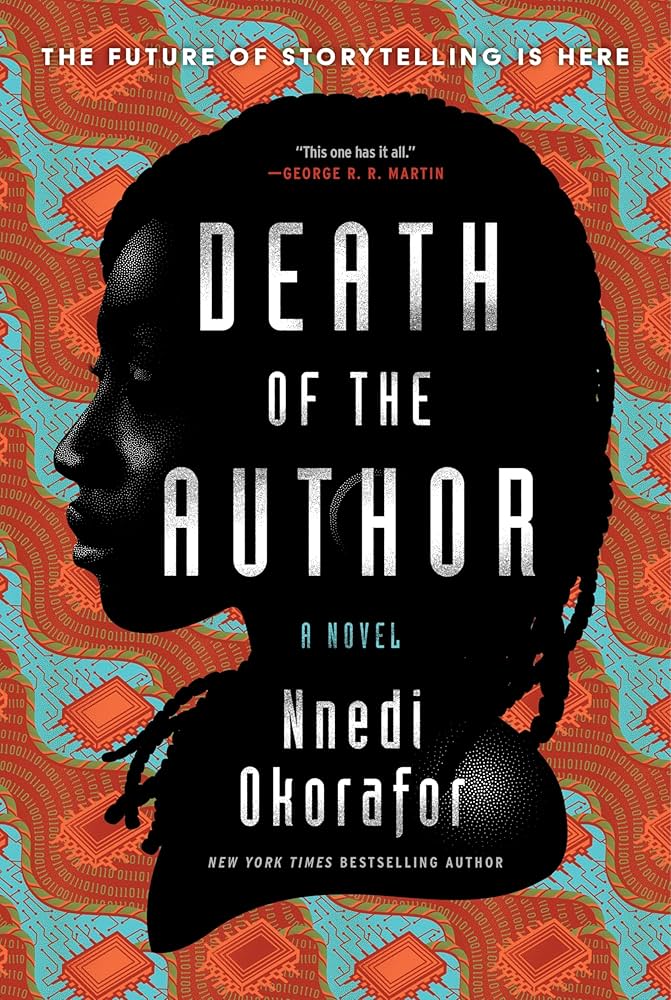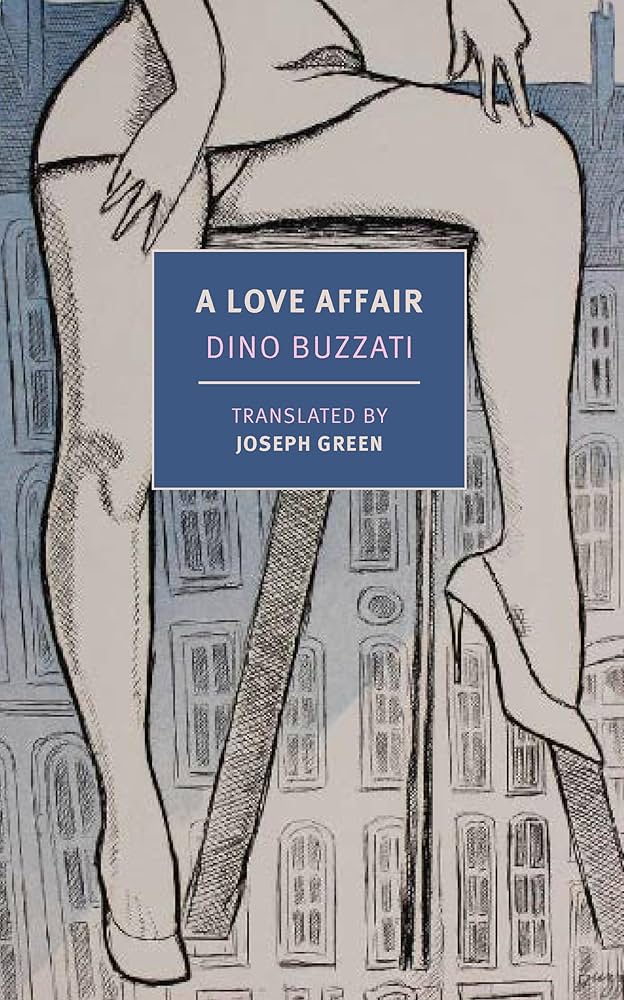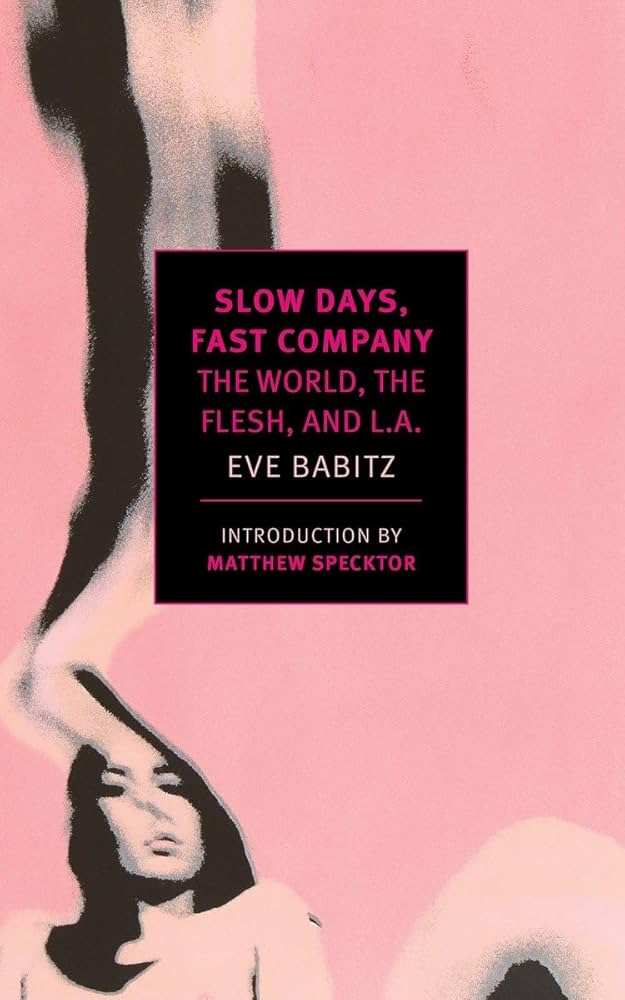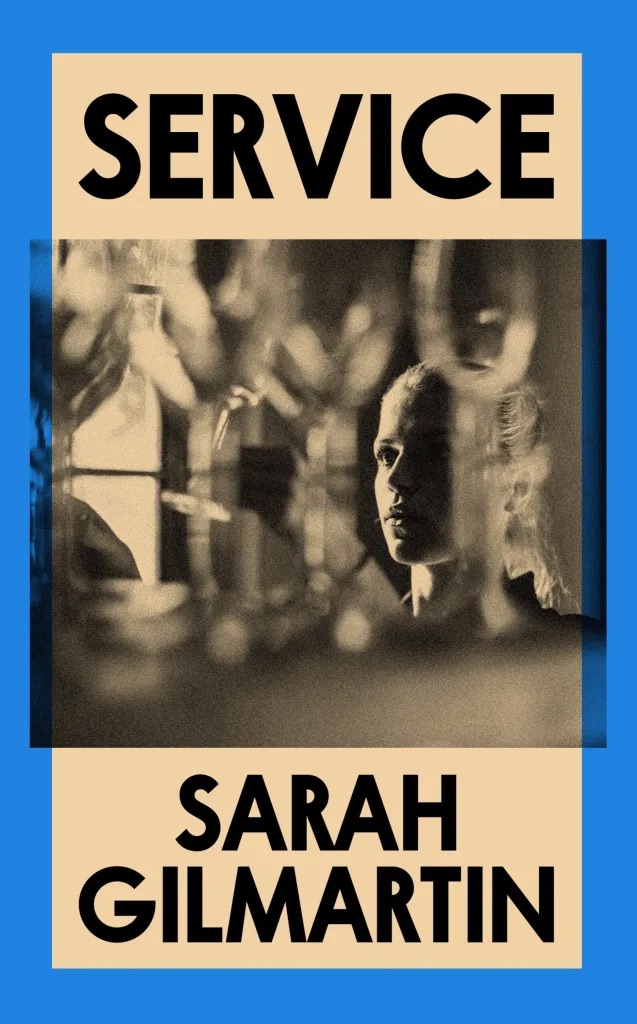The Anthropologists isn’t really about something. The narrator of Ayşegül Savaş‘ third book is a young, recently married documentary filmmaker named Asya, and the book is a series of moments from her life over several months. She and her husband Manu are recent arrivals in the (unnamed) city, and she explores how they build community and relationships with those around them and begin to put down roots. And it’s incredible.
The beauty of The Anthropologists is in the details. Savaş has a style that makes me want to slow down and notice more of my own life. Aysa and Manu have meals and drinks with friends and neighbors, they explore potential apartments, they host their families, and visit with them over Zoom. They set one friend up with another, and it goes well, until it doesn’t.
Throughout it all Asya pays attention to tiny things, like how her friends interact with each other, how her elderly neighbour is getting by, and how the people she films in the nearby park go through their lives. It sounds unremarkable, and in some ways it is, but there is so much tenderness and empathy in the way Asya interacts with those around her, the way she thinks about her own emotions and actions, and the way Savaş examines the mundane and minute moments of these interactions.
The language is so precise and exacting. Here’s Asya after returning from a market with her husband after buying a vase that they weren’t ‘dedicated’ to:
At home, I placed the vase in various settings but everywhere I tried, it looked unnecessary, even ugly, so I put it away in a cupboard with other objects I had bought without dedication, because they had briefy offered an idea of something.
I know it’s not much to read, but the end of that paragraph is a sentence fragment that set me off for a while. What a way to describe an impulse buy! Here’s another one, when a woman referred to as The Great Dame feels slighted by an older woman’s suggestion that they’re the same vintage:
We’ll go home together, the old woman said cheerfully. It’ll do us both good. At our age, we need each other’s company.
I saw something like anger in the Great Dame’s face. Or was it horror? I understood that, like the rest of us, she was terrified her life was passing her by.
Again, it’s a simple sentence in the middle of a nothing moment in the book, but that last sentence could stop a train. One more:
…grandparents were meant to be old; they were meant to get sick. This was among the sorrows of life for which outsiders were not expected to pause their routines, to inconvenience themselves.
These sentences remind me of an artist friend of mine from Prague, who is not only artistically brilliant, but tosses off phrases that feel like new ways of using the English language. He has a knack for describing everyday things in a way that makes me see them differently. English is his fourth or fifth language, and I think that being able to construct ideas in other languages allows his brain to approach English in a way that I’m simply unable to do.
By her Wikipedia page, I’d guess that Savaş speaks about five languages, maybe more, and that English probably wasn’t one of the first three. I think it’s the same ability to think a little differently than someone who speaks only English, and it happens a dozen or more times throughout this book.
There’s no real conflict here. There is no real narrative arc. There is very little in the way of growth of these characters. The Anthropologists is about being present in the moment, working hard to understand ourselves, and appreciating things for exactly what they are. It’s beautiful.

